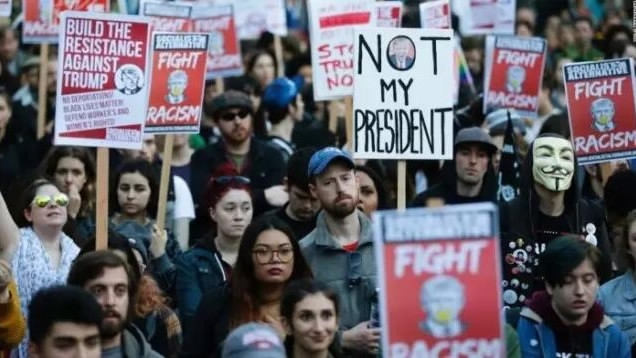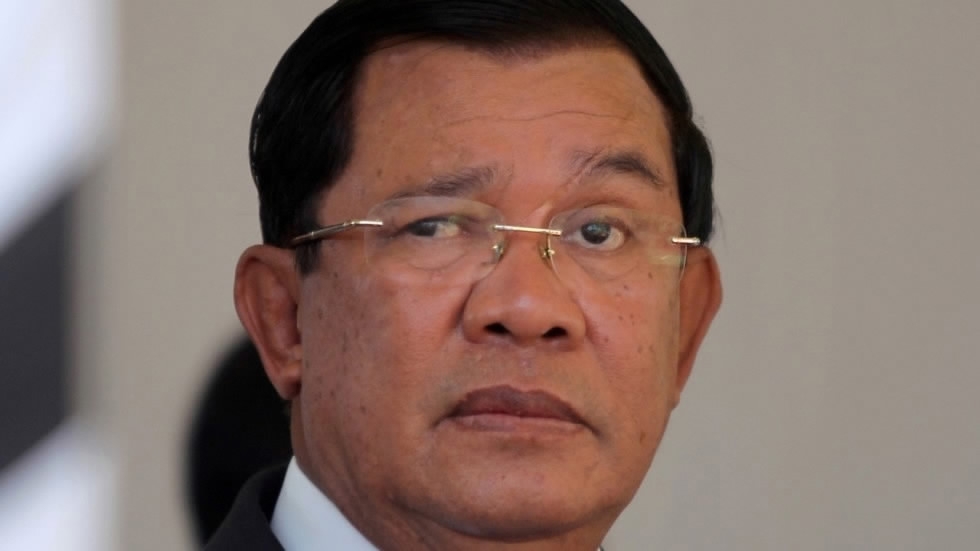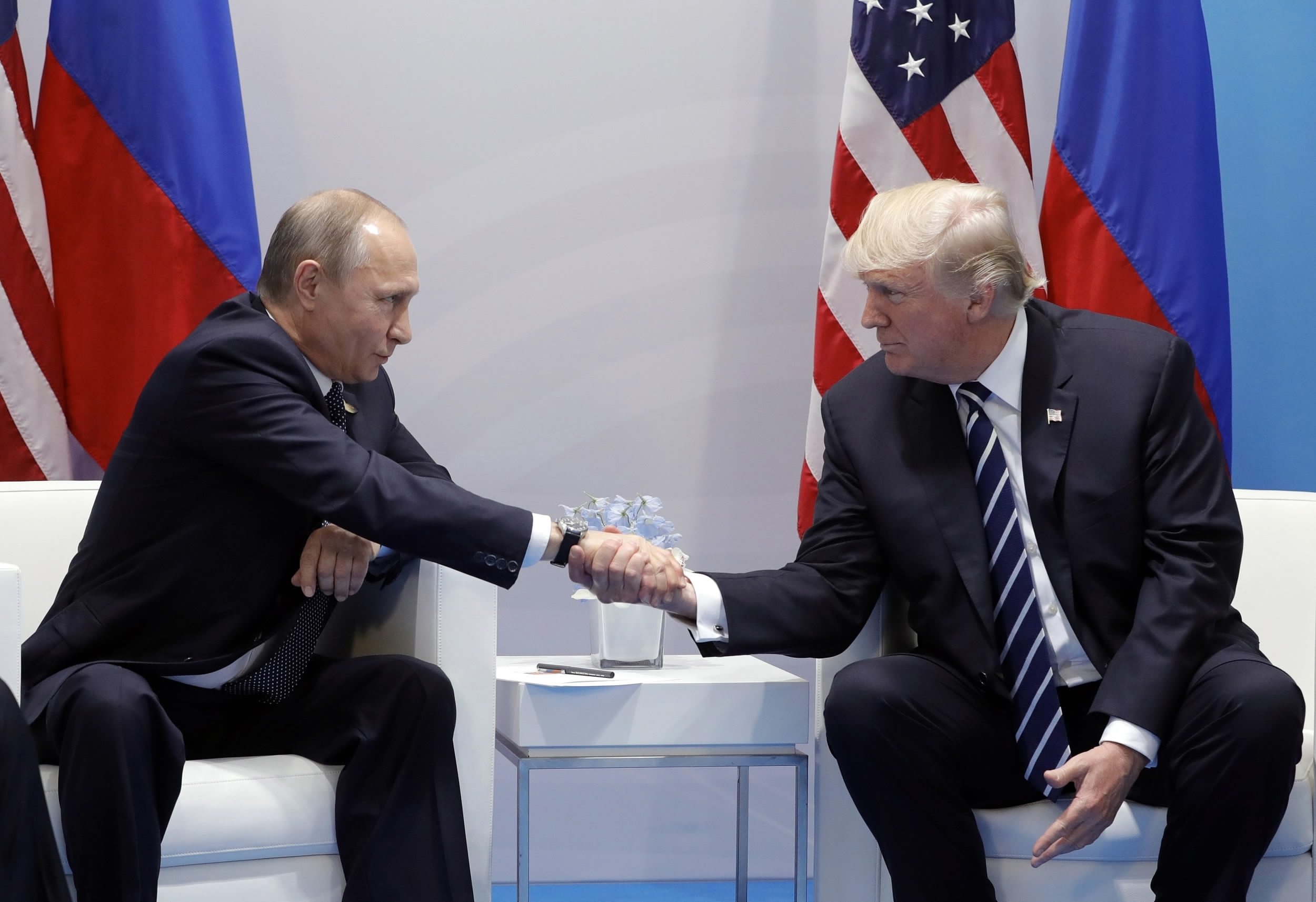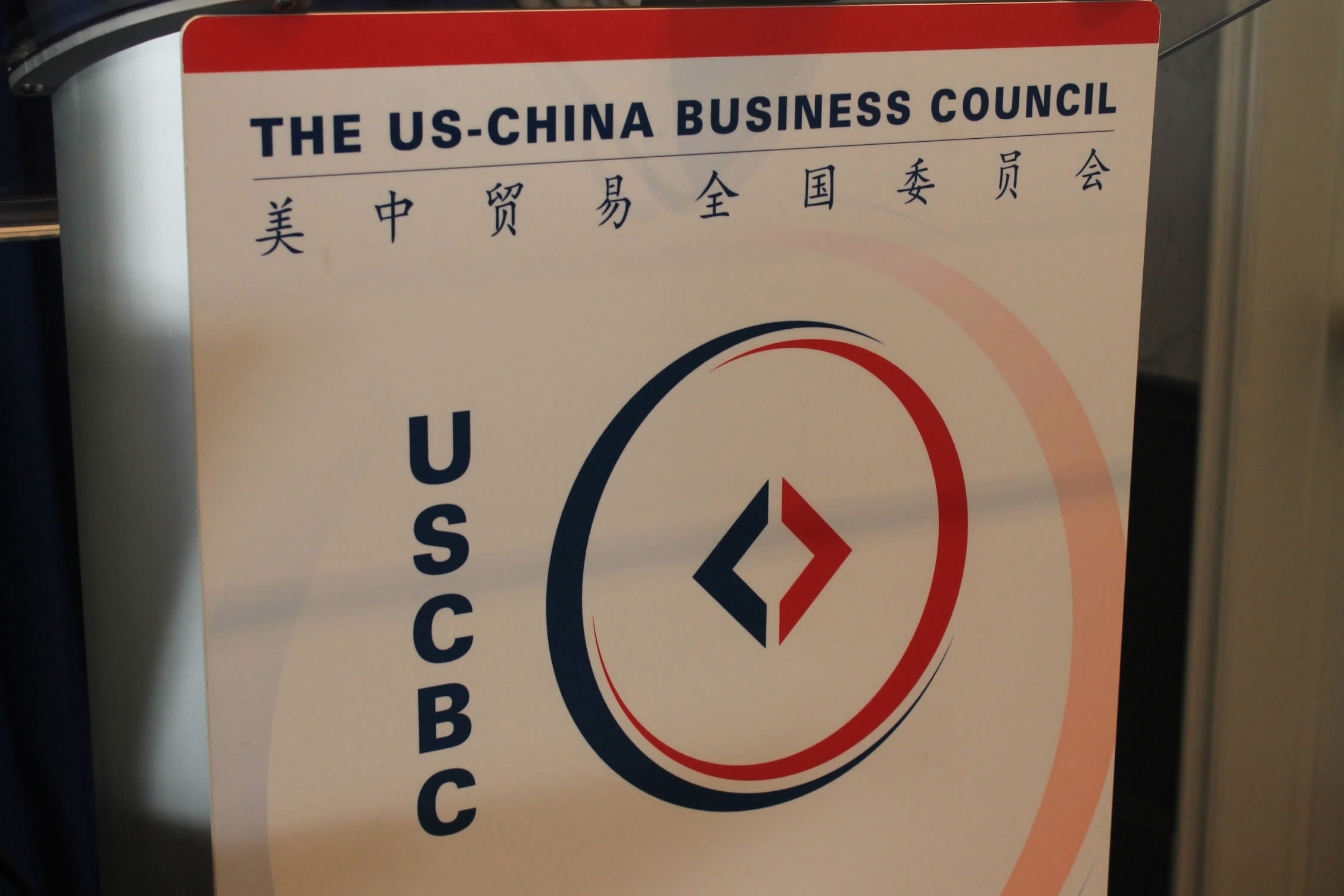
Opinions
12:33, 30-Aug-2017
Opinion: US criticism of NGO laws is hypocritical
By Zhu Jidong from Global Times

According to media reports, the US-funded National Democratic Institute (NDI) was found to be providing the main opposition Cambodia National Rescue Party with an "ill-intended" plan to overthrow the government.
The Cambodian Ministry of Foreign Affairs and International Cooperation has stopped the operations of the NDI and ordered its foreign staff to leave Cambodia within a week. It is also preparing to do the same to other foreign NGOs that violate the law.
After a period of tolerance, finally, Cambodia has begun to take action toward Western political non-governmental organizations, based on its previously promulgated law - the Law on Associations and Non-Governmental Organizations.
The number of countries that are legislating on NGOs is increasing, especially when it comes to Western political NGOs. Therefore, the intentions of some Western countries - especially the US - to carry out ideological infiltration in other countries will become more difficult.

Cambodian Prime Minister Hun Sen. /Reuters Photo
Cambodian Prime Minister Hun Sen. /Reuters Photo
In a sense, the West is responsible for the increasing number of countries that have begun to supervise Western NGOs strictly. Russia is the most typical representative.
After the disintegration of the Soviet Union, those Western NGOs that had been instrumental in promoting the disintegration did not stop but continued to conspire to subvert the Russian regime.
In the face of the great harm caused by Western NGOs, in December 2005 the Russian Duma passed its law on NGOs, which stipulates that foreign NGOs registered in Russia must inform the Russian government of the source of funds and explain their use, and if Russian NGOs accept foreign funding they must also explain the source and use of those funds.
If the purpose of these NGOs' activities is found to be inconsistent with the Russian Constitution and threatens the interests of Russia, their registration will be canceled.

Russian President Vladimir Putin (L) and US President Donald Trump shake hands during their first meeting at G20 summit on July 7, 2017 in Hamburg, Germany. /VCG Photo
Russian President Vladimir Putin (L) and US President Donald Trump shake hands during their first meeting at G20 summit on July 7, 2017 in Hamburg, Germany. /VCG Photo
The revised law on NGOs signed by Russian President Vladimir Putin on July 20, 2012, stipulates that NGOs that receive overseas funding and engage in political activities will be recognized as "foreign agents." A total of 69 "foreign agents" were banned or their activities were restricted by June 12, 2015.
In May 2015, the Russian Duma passed its undesirable foreign organizations law, which stipulates that foreign or international NGOs that threaten the basic principles of the Russian constitutional system, defense capability or national security can be identified as "undesirable organizations."
They are not allowed to disseminate information inside Russia and forbidden to conduct business with Russian financial institutions. Related violations of this law will be met with severe penalties.

The US-China Business Council is among the 62 NGOs who set up offices in China. / USCBC Photo
The US-China Business Council is among the 62 NGOs who set up offices in China. / USCBC Photo
In the same year, the National Endowment for Democracy, the Open Society Foundations and the Promotion Foundation were characterized as "undesirable organizations." This series of initiatives is sufficient to regulate foreign or international NGOs and strongly safeguard the national security of Russia.
The US leaves no stone unturned to incite so-called "color revolutions" in other countries through NGOs and has criticized Russia and some other countries for their strengthened management of NGOs.
But the US never allows other countries to ideologically infiltrate it or intervene in its political decision-making, and tightens its guard fence through the law. There are many US laws stipulating severe restrictions on foreign forces, of which the most important is the Foreign Agents Registration Act, indeed Russia's revised law on NGOs is based on that.
The original reason for enacting the Foreign Agents Registration Act was to strictly control "Nazi propaganda," then it adjusted the range from "foreign forces" in the US to activities that have political influence or potential political influence.
With the introduction of Patriot Act in 2001, the Foreign Agents Registration Act was further utilized in a broader context. The Patriot Act grants the US government the right to investigate people and groups. The US government investigates all foreign non-business organizations according to the requirements of the Foreign Agents Registration Act in order to check potential terrorist links. The specific investigation and how to investigate are rights of the relevant departments of the US. Therefore, its effectiveness can be imagined.
(This article was originally published in Global Times. The author is deputy director of the National Cultural Security and Ideology Research Center under the Chinese Academy of Social Sciences. The article reflects the author's opinion, not necessarily the views of CGTN.)
Source(s): Global Times

SITEMAP
Copyright © 2018 CGTN. Beijing ICP prepared NO.16065310-3
Copyright © 2018 CGTN. Beijing ICP prepared NO.16065310-3